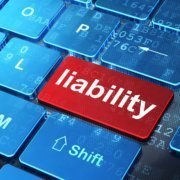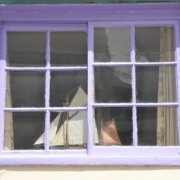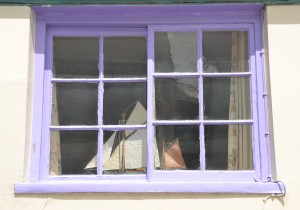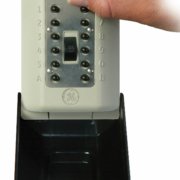
Every holiday home is different, so making sure you have the right insurance in place for your holiday let property is incredibly important. You may think that a standard home insurance policy will do the job, but when guests are paying to stay in your holiday let , the Public and Employers Liability Insurance from basic home insurance won’t cover you. Nor will it if you have any employees (cleaners, gardeners, seasonal staff etc.).
Whilst we understand that you do your best to keep your guests and employees safe, we know that accidents can, and do, happen. If someone does get hurt whilst staying at your holiday let having the right insurance can save you a lot of time, money, and stress.
In this post, we take a look at Public Liability Insurance and Employer’s Liability Insurance.
Why are Public Liability Insurance and Employer’s Liability Insurance important?
Public Liability Insurance covers the legal liability of the policyholder for bodily injury, death, disease or illness. This means that should anything happen to your guests, you won’t be having to empty your pockets in legal or settlement fees. Whether there’s been a slip that resulted in a bumped head, or a far worse accident, Public Liability Insurance will keep your holiday let protected from legal costs and any compensation that may occur.
This works alongside Employer’s Liability Insurance, protecting you from the cost of compensation claims. If an employee claims to have an illness or injury from working for you, the bills will be taken care of.
You will be classed as an employer if you have a contract of service with anyone who helps you maintain your holiday let, whether spoken, written, or implied. This includes cleaners, gardeners, seasonal staff, and even volunteers.
Are Public and Employers Liability insurance necessary?
Employer’s Liability Insurance is a legal requirement, regardless of whether you have a cleaner once a month or once a week, you need to have the right insurance. Even if your workers are only seasonal, comprehensive cover is still a necessity.
The Health and Safety Executive (HSE) enforces the requirement, and you could be fined at a rate of £2,500 for every day you have traded without Employer’s Liability Insurance.
The minimum legal requirement for Employer’s Liability Insurance is £5million, but in practice many insurers (including us) provide cover of £10million.
Whilst Public Liability Insurance is not a legal requirement, it is good business practice. You can keep your holiday let as secure and safe as you like, but if that one wobbly paving stone trips a guest up, or the path covered with wet leaves causes a slip, you could be facing some big fees.
With so many guests visiting your holiday let each year, not having Public Liability Insurance is a big risk to take. It is particularly important that this insurance is for holiday homes, as standard Public Liability Insurance will not cover you and your let.
How much cover do I get?
It is recommended that holiday let homeowners get Employer’s Liability Insurance coverage for £10million, and Public Liability Insurance of at least £5million for smaller properties (sleeping up to two guests) and £10million for larger properties.
Our Specialist Holiday Home Insurance Policy provides Employer’s Liability Insurance of £10million and Public Liability Insurance of £10million as standard.
Boshers offer specialist holiday home insurance to owners across the UK. For more information on how a specialist insurer can help and support your holiday home business, please give us a call on 01237 429444.
For further information on UK holiday home insurance visit the website page most relevant to you:


 The tourism industry is now worth more than £137 billion to the UK economy and with the latest Census figures showing that more than 1.6 million people in England now own a second home, could you be ready to join the queue of people buying a holiday cottage and welcoming guests through their doors?
The tourism industry is now worth more than £137 billion to the UK economy and with the latest Census figures showing that more than 1.6 million people in England now own a second home, could you be ready to join the queue of people buying a holiday cottage and welcoming guests through their doors?



